The European Union stepped closer to new anti-dumping legislation this week, in the latest instalment of the trade defence saga.
Yesterday (3 Oct 2017), European Parliament and Council negotiators agreed on the Commission’s November 2016 proposal to change the EU’s anti-dumping and anti-subsidy legislation.
These changes will enable Europe’s trade defence instruments to deal with current realities – notably overcapacities – in the international trading environment, while fully respecting the EU’s international obligations in the legal framework of the World Trade Organisation (WTO), a statement said.
The new measures are expected to enter into force before the end of the year.
New legislation to tackle ‘market distortions’
The new legislation introduces a new methodology for calculating dumping margins for imports from third countries in case of significant market distortions, or a “pervasive” State’s influence on the economy. The rules are formulated in a country-neutral way and in full compliance with the EU’s WTO obligations, so said the EU.
The agreement also includes changes which strengthen the EU anti-subsidy legislation so that, in future cases, any new subsidies revealed in the course of an investigation can be investigated and included in the final duties imposed.
The new rules will only apply to cases initiated after the legislation enters into force. The legislation also ensures a transition period during which all anti-dumping measures currently in place as well as ongoing investigations will remain subject to the existing legislation.
In determining distortions, several criteria will be considered, such as state policies and influence, the widespread presence of state-owned enterprises, discrimination in favour of domestic companies and the lack of independence of the financial sector. The Commission may draft reports for countries or sectors where it will identify distortions and the evidence collected in these reports will be available for future investigations. When filing complaints, the industry will be able to rely on such reports by the Commission to make their case concerning countries where distortions exist.
Juncker: “We are not naïve free traders”
Following the Strasbourg meeting, President Jean-Claude Juncker said: “Europe stands for open and fair trade, but as I have said time and again, we are not naïve free traders. That’s why we have to make sure that, while upholding the multilateral, rules-based trade system, our legislation allows us to ensure that our companies operate on a level playing field. This is not about any country in particular, simply about making sure that we have the means to take action against unfair competition and the dumping of products in the EU market that leads to the destruction of jobs. Our words have to be followed by decisive actions and this is the kind of action our companies and citizens expect from us. I commend the European Parliament and our governments for having lived up to these expectations.”
Commissioner for Trade Cecilia Malmström said: “We believe that the changes agreed today to the legislation strengthen EU’s trade defence instruments and will ensure that our European industry will be well equipped to deal with the unfair competition they face from dumped and subsidised imports now and in the future. Having a new methodology in place for calculating dumping on imports from countries which have significant distortions in their economies is essential to address the realities of today’s international trading environment. The Commission has repeatedly stressed the importance of free, but fair, trade and the agreement today endorses that view. These negotiations have been tough at times and addressed some thorny issues but the speed with which this legislation was agreed is a testimony to our commitment that the EU must have effective tools to tackle unfair international trade. With today’s successful outcome, the EU will have an anti-dumping methodology in place which will deal head-on, with the market distortions which may exist in exporting economies.”
European Steel Industry: “We need a coherent trading environment”
EUROFER – the European Steel Association, said that a new way of calculating dumping from countries with significant distortions means that the EU can take undistorted costs – for example, of raw materials and energy – from another market and apply them in the calculation of the dumping margin of the exporting country.
“This agreement is important to ensure that European businesses are shielded sufficiently from dumping from countries that significantly distort markets,” said Axel Eggert, Director General of EUROFER. “We expect the Commission to now demonstrate the workability and predictability of the implementation of this new methodology.
“European industry needs a coherent trading environment, and as dumping undermines our economic viability, it is more important than ever that the EU can combat this scourge in a quick, effective and predictable way. Once the new methodology has been agreed by the EU, it must actually work in defending European jobs and industry against dumping from countries with significant distortions – as the US’ approach does. Meanwhile, EU policy makers must reach agreement at their forthcoming meeting on the TDI modernisation file in order for the EU to have a complete trade defence package put forward to the European Parliament and the Council.”

